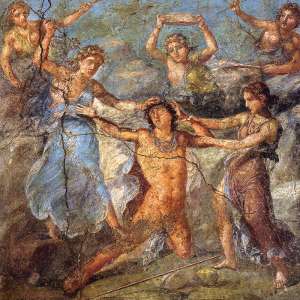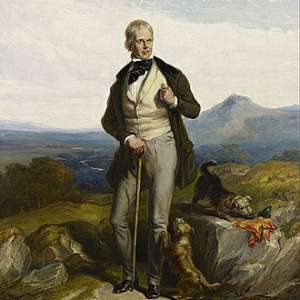
Mark Twain is widely considered the author of the first great American novel—The Adventures of Huckleberry Finn—but his rollicking tales aren’t the only legacy he left behind. His poignant quotes and witticisms have been told and retold (sometimes erroneously) over the last century and a half, and his volume of work speaks for itself. Over the course of his legendary career, Twain—real name Samuel Langhorne Clemens—wrote more than a dozen novels plus countless short stories and essays and still found time to invent new products, hang out with famous scientists, and look after a house full of cats.
1. MARK TWAIN IS A NAUTICAL REFERENCE.
Like many of history’s literary greats, Mark Twain (né Samuel Langhorne Clemens) decided to assume an alias early on in his writing career. He tried out a few different names—Thomas Jefferson Snodgrass, Sergeant Fathom, and, more plainly, Josh—before settling on Mark Twain, which means two fathoms (12 feet) deep in boating jargon. Where Mark Twain picked up the name has long been debated. According to one popular 19th-century story, he’d walk into a bar and call out “mark twain!,” prompting the bartender to take a piece of chalk and make two marks on a wall for twain—two—drinks. Twain denied this, however, saying that he swiped it from a captain named Isaiah Sellers who used it at the New Orleans Picayune. But according to the LA Review of Books, there’s no evidence Sellers used that name, and stories of it being used while Mark Twain was a steamboat pilot are unlikely. Instead, it’s possible that stole it from an 1861 maritime sketch in a magazine or some as yet unknown origin.










































